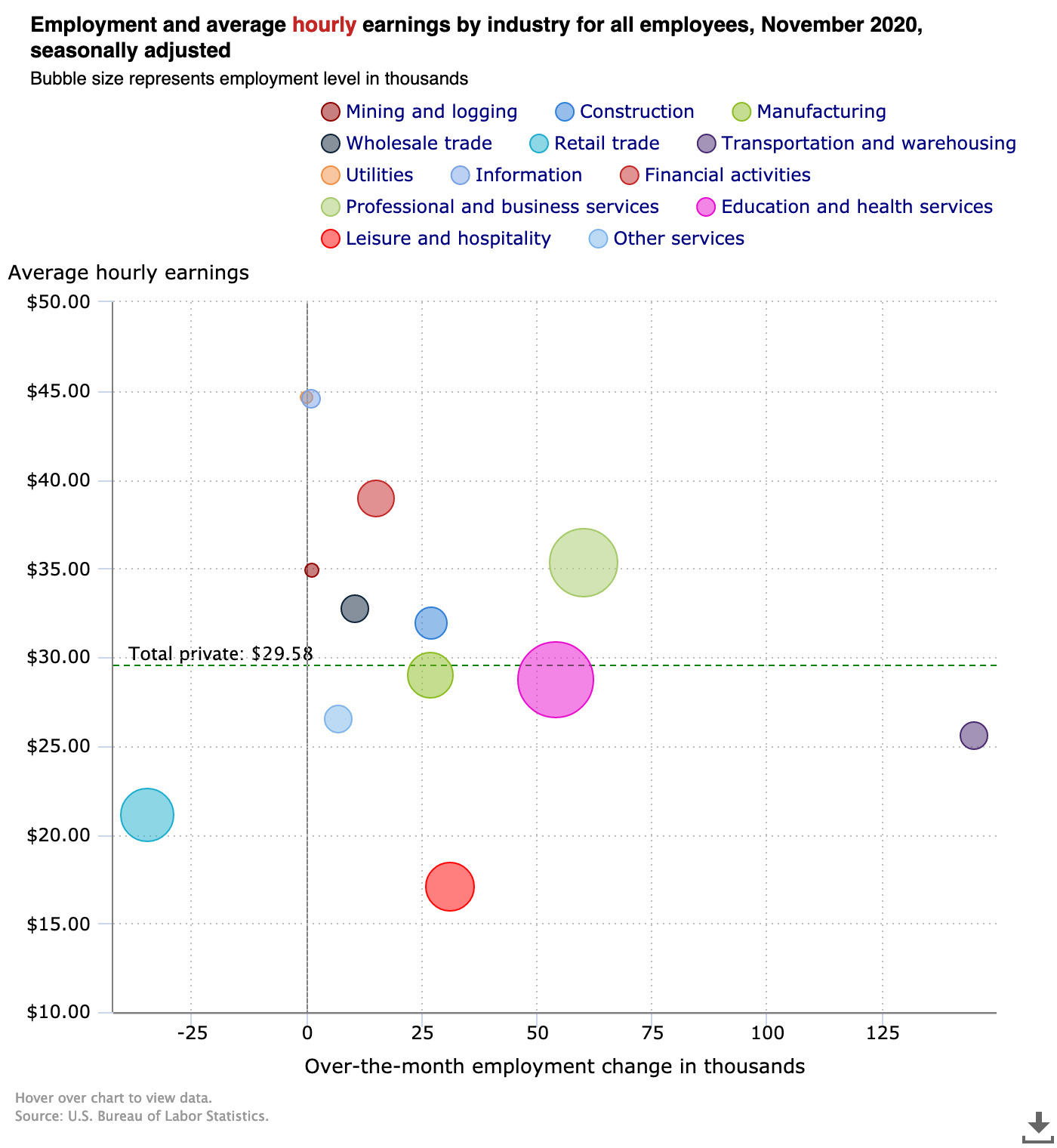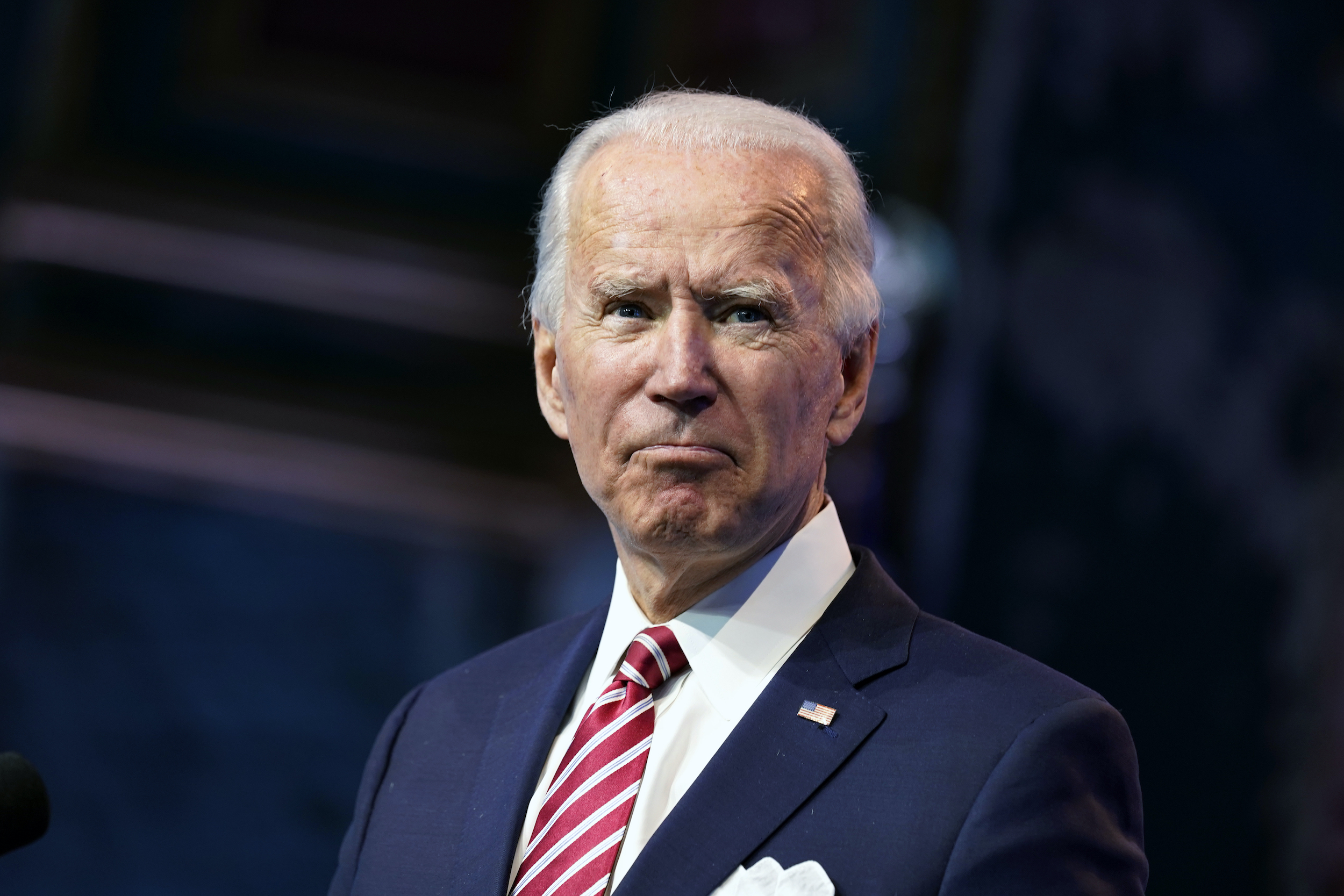Joe Biden’s choices to serve in his potential Cabinet show the deep and unmistakable influence of labor unions. So does his promise to raise the minimum wage to $15 an hour, a pivotal part of organized labor’s agenda that disproportionately shuts young, poor, and minority workers out of the workforce.
The good news is the minimum wage has become practically irrelevant to U.S. workers. The Wall Street Journal noted last August that “a tiny share of Americans, just 0.28% of the 156 million civilian workers earned the federal minimum last year [2018], according to the Labor Department. … Most of those employees were younger than 25 years old.”
August 2019 may seem light-years away from the closing days of 2020, economically or psychologically. However, even after an artificial contraction of our roaring economy, wages (for those fortunate enough to keep their jobs) continued to rise. The Bureau of Labor Statistics found that, in November, average hourly earnings for all employees on private non-farm payrolls rose to $29.58, up from $29.29 in November 2019.

The bad news is a $15 minimum wage may prevent some people from developing their God-given talents and earning a living. As the late economist Walter Williams of George Mason University wrote, to earn higher wages, “you have to develop skills and training. One of the reasons people make low wages is, for the most part, they have low skills.”
The minimum wage inevitably prices a certain cohort of the American people out of the job market altogether. The first job experience teaches people the soft skills necessary to hold a job: showing up on time, working efficiently, treating customers with courtesy, etc. Being denied a first job means these workers will never learn these talents – and use them as a stepping-stone to a better job.
This truth is so consequential that we are bringing the message to 275 million Francophones worldwide. The Acton Institute’s Religion & Liberty Transatlantic website has posted a French-language version of Joseph Sunde’s article, “Biden’s minimum wage proposal would prolong pandemic pain,” translated by Etienne Chaumeton.
As Sunde wrote, in French translation:
À San Francisco, les dommages collatéraux se poursuivent. L’East Bay Times rapporte que « plus de 60 restaurants dans l’agglomération ont fermé » dans les cinq mois qui ont suivi la dernière augmentation du salaire minimum. … À une époque où les travailleurs et les entreprises subissent des souffrances importantes, les réponses ne se trouveront pas dans les manipulations du marché. Étant donné que notre crise économique actuelle est sans précédent et imprévisible, nous devons nous concentrer sur l’obtention d’informations sur les prix de meilleure qualité et plus claires, et non de brouiller davantage les pistes avec des politiques interventionnistes.
French President Emmanuel Macron could stand to learn this lesson. In December 2018, he agreed to increase the French minimum wage by €100 ($113) a month, in order to appease elements of the gilets jaunes (yellow vest) movement. And even as COVID-19 ravaged the global economy, Macron continues to push for a “European minimum wage.”
You can read the full translation here.

